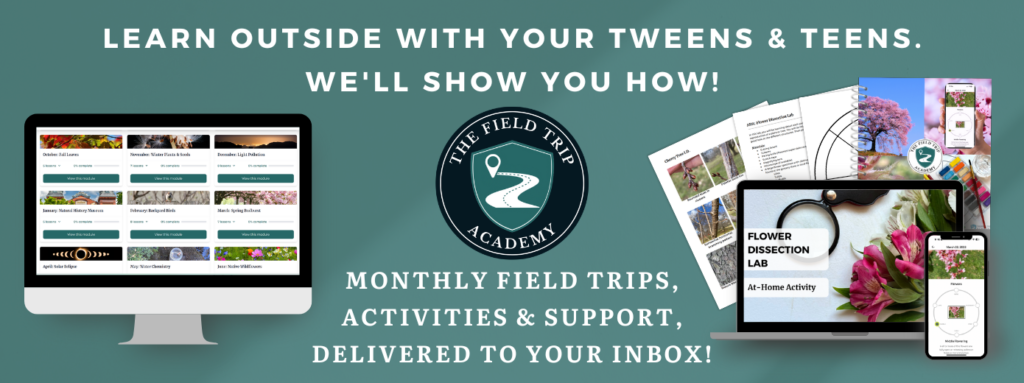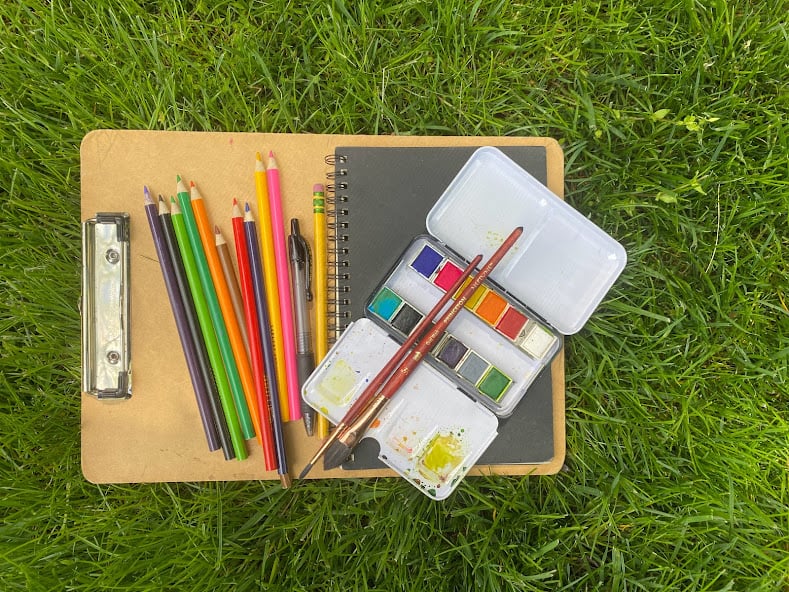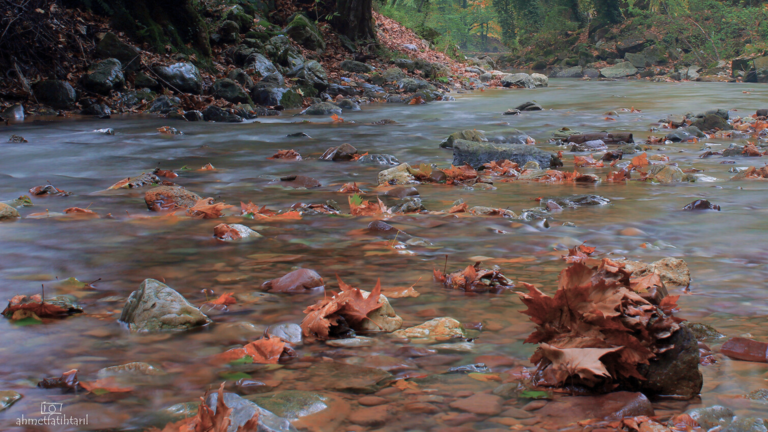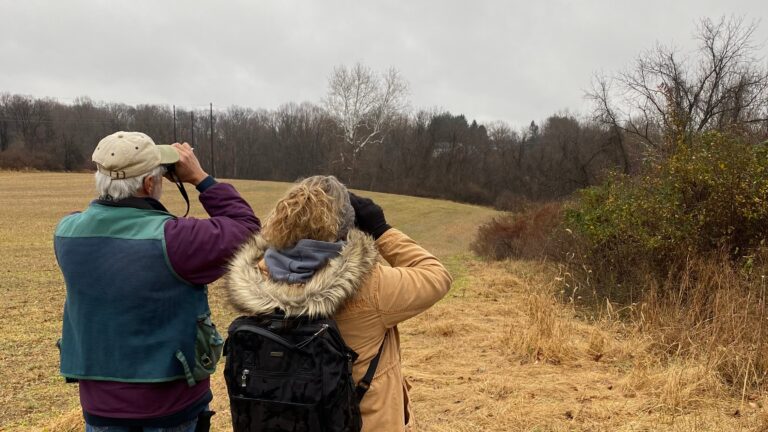Create a Nature-Focused Homeschool This Year
Nature isn’t just a backdrop for learning but a hands-on classroom that unlocks curiosity, fosters creativity, and instills a deep respect for the environment. Weaving in nature-focused homeschooling field trips and activities throughout the year can transform your educational journey, enriching learning and strengthening connections.
This article helps prepare you and your home for nature-focused homeschooling, helps you choose field trip locations close to home, and find additional helpful nature-focused homeschool resources to use.
Pssst! We explore a new nature-focused homeschool topic every month in our Field Trip Science Membership. If you’d like to learn more about that, head here! Let us do the planning for you!

Preparing for a Year of Nature-Focused Homeschooling
Setting Educational Goals:
Start with clear objectives. Whether you aim for your child to recognize local flora, understand the water cycle, or become adept at birdwatching, align your goals with your child’s interests. Not sure what’s possible in any given season? Get specific ideas for the whole year on our blog.
Gathering Materials for Nature Exploration:
Essential tools include a sturdy journal, pencils, and a magnifying glass. You’ll learn more about putting together the supplies you’ll need for a year of exploration in our free Backpack Essentials for Nature Education resource.
Getting Started with Nature Journaling:
Nature journaling fosters deep observation and documentation, enriching the learning adventure. Here’s a blog post with 10 Unexpected Reasons Why Families Should Start Nature Journaling.
We’ve also created a helpful guide to get you started, Nature Journaling Basics. It’s a free video tutorial and lots of printable nature journaling prompts to inspire your homeschoolers!

Creating a Nature Study Table:
Set aside space at home for your child to display natural finds and seasonal items, alongside reference and recording materials. This designated spot becomes a personal museum of your nature explorations and encourages deeper exploration. Here’s a YouTube video that might inspire your nature study table collections!
Identifying Nature Study Field Trip Locations
It’s hardly ever necessary to venture far from home to find excellent locations for nature-focused field trips! All you have to do is lean into the natural world that surrounds wherever you live – no matter if it is urban or rural, desert or mountain. Here are a few ideas for places to explore as you learn about nature this year.
- Local Parks and Nature Reserves: Regular visits reveal the subtle shifts of the seasons. Participate in community science projects via SciStarter to contribute to real scientific research.
- Botanical Gardens and Arboretums: These curated spaces offer in-depth botanical studies and often host educational workshops and tours.
- National and State Parks: Venture out on a day or camping trip to diverse ecosystems, where ranger-led programs add to the educational experience.
- Rivers, Lakes, and Beaches: Delve into aquatic ecosystems, the water cycle, and conservation efforts in these natural settings.
- Urban Nature Exploration: Even city spaces offer nature learning opportunities. Urban parks, gardens, and balconies can become arenas of discovery.

Extending Learning with Flexible Resources
There are so many excellent free and paid resources to help you in your nature-focused homeschool. It’s hard to choose which ones to use! We love these four free resources to deepen our understanding of the natural world. Maybe your family will too!
Seek App (iOS, Android)
- Purpose: Seek by iNaturalist is a mobile application designed to help users identify plants, animals, and fungi in real-time using the camera on their smartphone. It is geared towards making citizen science accessible to people of all ages, encouraging outdoor exploration and learning.
- Features: It uses image recognition technology to suggest possible matches for the organism you’ve photographed. It also encourages participation in scientific research by sharing findings with a community of scientists and naturalists.
iNaturalist App (iOS, Android)
- Purpose: iNaturalist is another application aimed at connecting nature enthusiasts of all levels with a community of over a million scientists and naturalists. By sharing and discussing observations, users can learn more about the natural world and contribute to biological science.
- Features: Users can record and share observations of plants, animals, and other organisms, get help with identification from the community, and participate in various projects and challenges.
The Handbook of Nature Study by Anna Botsford Comstock (free version, print version)
- Purpose: This is a comprehensive guide for nature study, originally written by Anna Botsford Comstock in the early 20th century. It has been used by educators and nature enthusiasts as a primary reference for outdoor education.
John Muir Laws (Website)
- Focus: John Muir Laws is an artist, naturalist, and educator focused on connecting people to nature through art and journaling. His website offers a wealth of resources for those interested in nature journaling as a method for observation and learning.
- Resources: The website provides free tutorials, videos, and articles on how to start and maintain a nature journal, drawing tips, and understanding natural phenomena.
Each of these resources offers unique ways to engage with and learn from nature, whether through community science, direct observation, or artistic expression. They are suitable for a wide range of ages and expertise levels, making nature education accessible to a broad audience.
Conclusion
Folding nature-focused homeschooling into your educational plans not only amplifies scientific understanding but also fosters an enduring environmental connection. Each field trip, journal entry, and collected natural specimen deepens your child’s world understanding.
By leveraging varied locations, integrating digital and community resources, and encouraging a culture of inquisitiveness and environmental respect, you’ll lay a robust educational foundation that transcends traditional learning environments.
For new planned-for-you nature focused field trips and activities every month, join us in the Field Trip Science Membership! Together, we can make nature fun, educational and meaningful, all year long.








